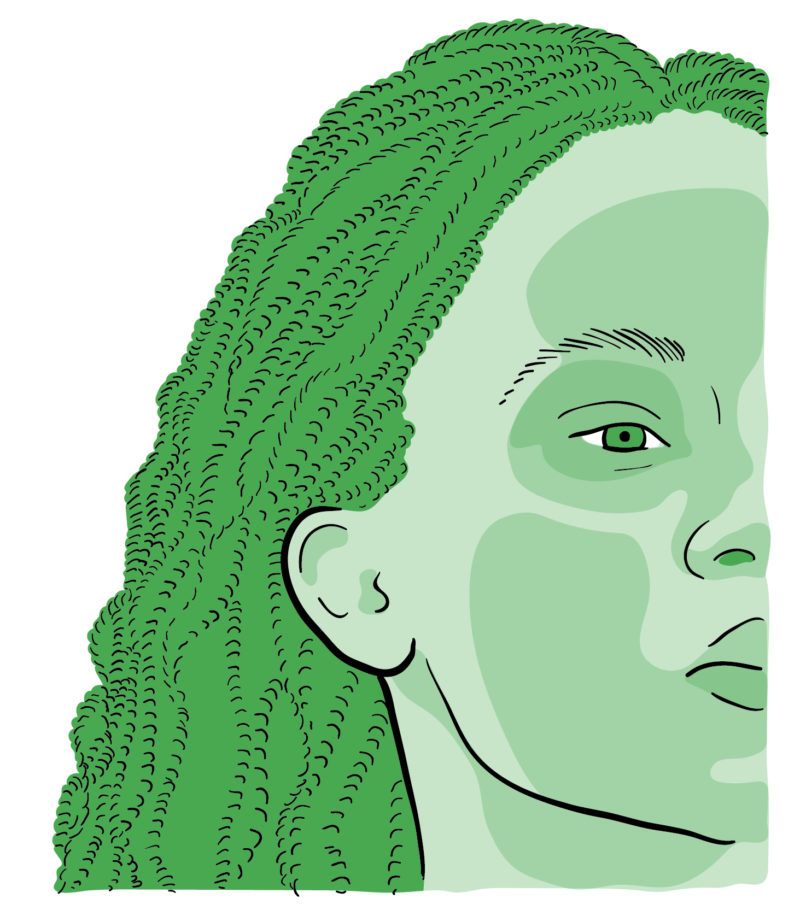At the United States Embassy in Jamaica, a woman waits for her visa interview. It is hot. She is nervous. When she is finally called upon, she tells a compelling story that tugs at the heartstrings of her interviewer. The woman gets a visa and, soon after, boards a plane to the US, eager to embrace a new life. It does not take a feat of the imagination to guess what happens next. At this point, immigrant narratives—those that explore the anxiety, desperation, and inner turmoil associated with crossing borders and entering new cultures—are well-worn terrain, attractive to the appetite of modern publishing.
Nicole Dennis-Benn’s second novel, Patsy, destabilizes this familiar story through a complex narrator whose decision to leave Jamaica haunts the next decade of her life. Patsy, a woman “just two years shy of thirty,” who works a minimum-wage job as a government secretary, spends most of her days nurturing a fantasy of joining her best friend and first love, Cicely, in America. She also has a five-year-old daughter, Tru, whom, much to her shame, she’s never loved “like she’s supposed to.” When Patsy gets the visa to the US, she seizes the opportunity immediately, leaving Tru behind. Her decision is not fueled by morality or by an obligation to provide for her family. Patsy seeks self-actualization, a chance to live her own life.
To cast Patsy’s decision as selfish would be too easy. Dennis-Benn’s novel successfully depicts the complexity of motherhood, and Patsy’s departure catalyzes a story split between Pennyfield, Jamaica, and Brooklyn, New York. Among the cast of characters—including Cicely; Tru; Tru’s father, Roy; his wife, Marva; their two sons; and Patsy’s mother, Mama G—there are no heroes or villains, only individuals negotiating their relationships to their dreams, to one another, and to their communities. The novel alternates between Patsy’s and Tru’s perspectives over ten years, tracking how Patsy cobbles together a life in Brooklyn while Tru copes without a mother.
Patsy’s vision of a life with Cicely implodes the moment she lands at John F. Kennedy International Airport. It turns out that Cicely is married to an abusive Jamaican man and has a son. Driven by heartbreak, Patsy tries to establish her own life. She becomes a nanny for white families around the city, rents a room, and eventually finds herself in another relationship. Back in Jamaica, Patsy’s family grapples with the aftermath of her...
You have reached your article limit
Sign up for a digital subscription and continue reading all new issues, plus our entire archives, for just $1.50/month.
Already a subscriber? Sign in





